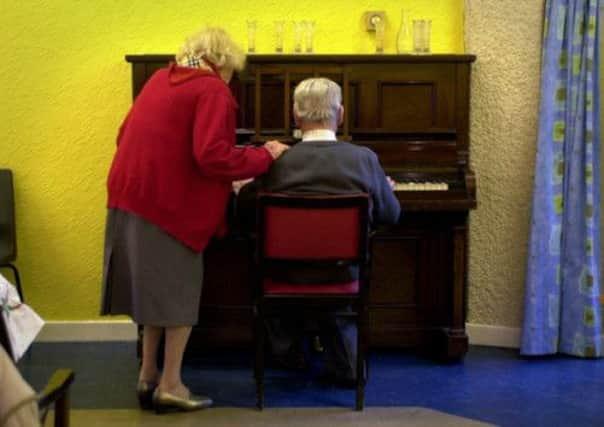Demand for hospice care is certain to grow


The number of people dying each year is increasing, so hospice care has never been more in demand. It is a need that is only going to increase.
Hospices provide specialist nurses and doctors, as well as physiotherapists, occupational therapists, complementary therapists, social workers and chaplaincy services. This enables patients to receive the best social, practical, spiritual and emotional support possible. Hospices also support the families and carers too, even after their loved one has died.
Advertisement
Hide AdAdvertisement
Hide AdThe setting for hospice care has changed over the years to try and meet the needs of patients and their families. Research shows that the last place most people would want to die is in a hospital, with people preferring to stay at home or in a community setting. Taking account of these wishes, hospice care is no longer confined to the bricks and mortar of hospice buildings, but is frequently delivered at homes giving patients the chance to remain in the comfort of their own surroundings with family and loved ones close by.
Hospices are offering more day services providing the support required by patients, but enabling them to go home after each visit. By taking care out of hospitals and into our communities, hospice care has a great role to play in helping the NHS in Scotland tackle its ever increasing costs and capacity issues.
The role for hospice care in looking after people at the end of their lives has never been more important. That’s why it is crucial that the Scottish Government continues its support for these services as part of its overall approach to end of life care.
• Richard Meade, is head of policy and public affairs Scotland at Marie Curie Cancer Care